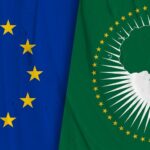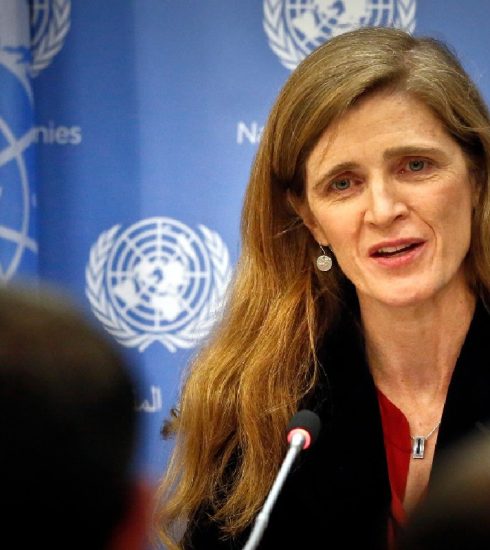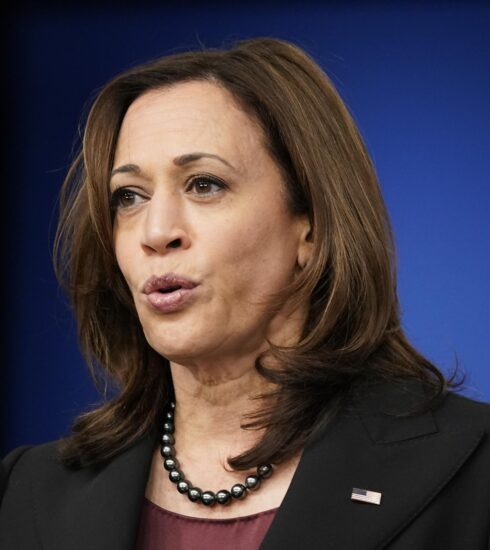France on the brink: Calls grow to re-think its African policy
An increasing number of countries in Africa are starting to cut long-standing security ties with France out of disappointment with Paris’ handling of issues important to the continent.
Africa seems to be finally awake to its grossly unequal relationship with France. African countries that were colonized by France are deciding to cut ties with Paris, turning instead to the British-led Commonwealth. Local populations have held protests demanding the departure of French troops and clamoring for Russian Wagner commandos instead.
Parallel to this development, other world powers have been attempting to increase their influence on the African continent. Turkey is strategizing to become a favored party to carry out infrastructural work all over sub-saharan Africa and they are ready to offer competitive prices. You may recall that a Turkish company built the new airport in Dakar. China is investing in most African countries via financial institutions created for this purpose, in particular the Exim Bank and the China Development Bank. Brazil, India and Pakistan are also trying to develop closer economic ties with African countries.
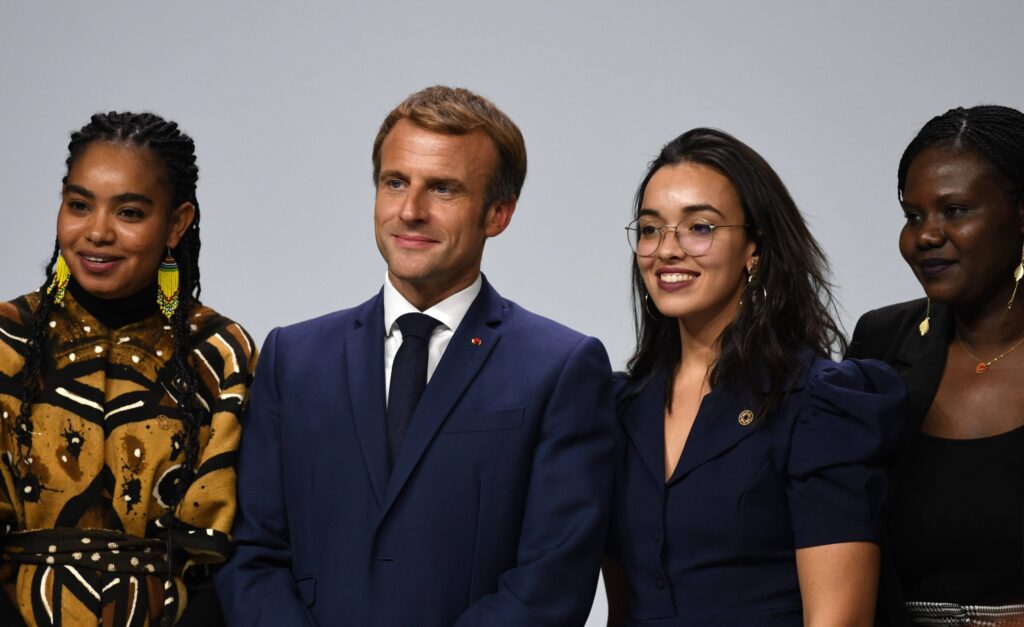
France has lost the privileged relations it had 30-40 years ago. This is a result of movement and trade liberalization, but also the outcome of clumsiness and serious mistakes on the part of the French authorities – for example, ex-President Nicolas Sarkozy’s disastrous 2007 speech in which he declared that “the African has not fully entered into history.’’
More recently, President Emmanuel Macron was reduced to discussing the future of Africa with associations and students in Montpellier instead of doing so with African heads of state. For a long time, the Africa-France summits were the traditional platform where all the presidents of French-speaking Africa met with the French president, where relationships were forged among the participants, where burning issues could be discussed and solutions found. Gone are these privileged meetings.
A serious mistake was made during the 2011 Arab Spring with the intervention in Libya, organized by former President Sarkozy against the advice of African leaders, which led to the overthrow and death of Libyan leader Muammar Qaddafi. The upheaval caused total anarchy in Libya. Armed Tuareg soldiers who had been mobilized by Qaddafi returned to the Sahel region and joined jihadist or rebel movements.
According to observers on the continent, It was also a mistake to have allowed a former foreign minister of Rwanda, Louise Mushikiwabo, to be appointed Secretary General of the International Organization of the Francophonie (OIF). Rwanda has renounced French as a first language, has joined the Commonwealth and has been conducting a relentless propaganda campaign against the French army for more than 20 years.
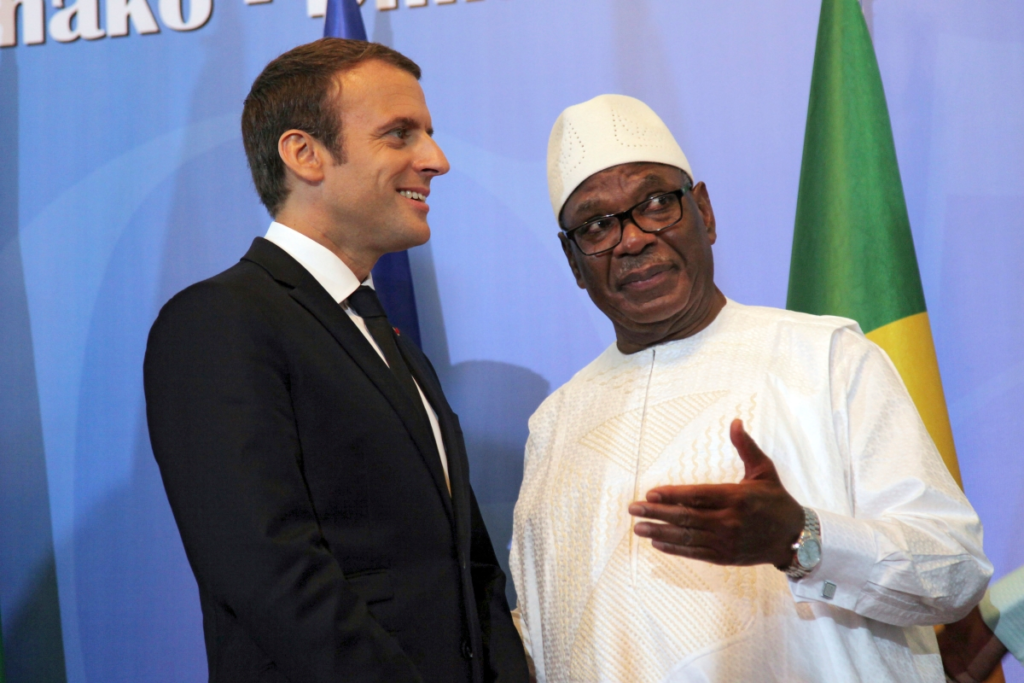
Unfortunately, this succession of errors has gradually created a climate of mistrust and even violent ruptures between France and French-speaking African countries. The Central African Republic (CAR) and Mali have requested the departure of the French ambassador and French troops – troops that had been called in to help and who fought and died to contain the jihadist threat. Bangui and Bamako turned to Russia, welcoming Wagner commandos on their territory. They now provide security for government authorities, certain localities or provinces and are paid through the exploitation of mines, notably gold in Mali and diamonds and uranium in CAR.
Even countries where France is still considered an ally are beginning to have doubts. Togo and Gabon joined the Commonwealth last July. Niger and Chad are paying a high price for the implosion of Libya. Libyan militias and armed gangs are pouring into their territory and destabilizing local politics.
Worse, a few years ago, allies such as the United Kingdom and the United States intervened in the French-speaking world, often after consultation with Paris. Since the war in Rwanda and the violent troubles in Kivu, a rich province of the Democratic Republic of the Congo (DRC), a gap has widened between France and the Anglo-Saxon countries. Washington and London still strongly imply that France was complicit in the monstrous 1994 genocide in Rwanda.
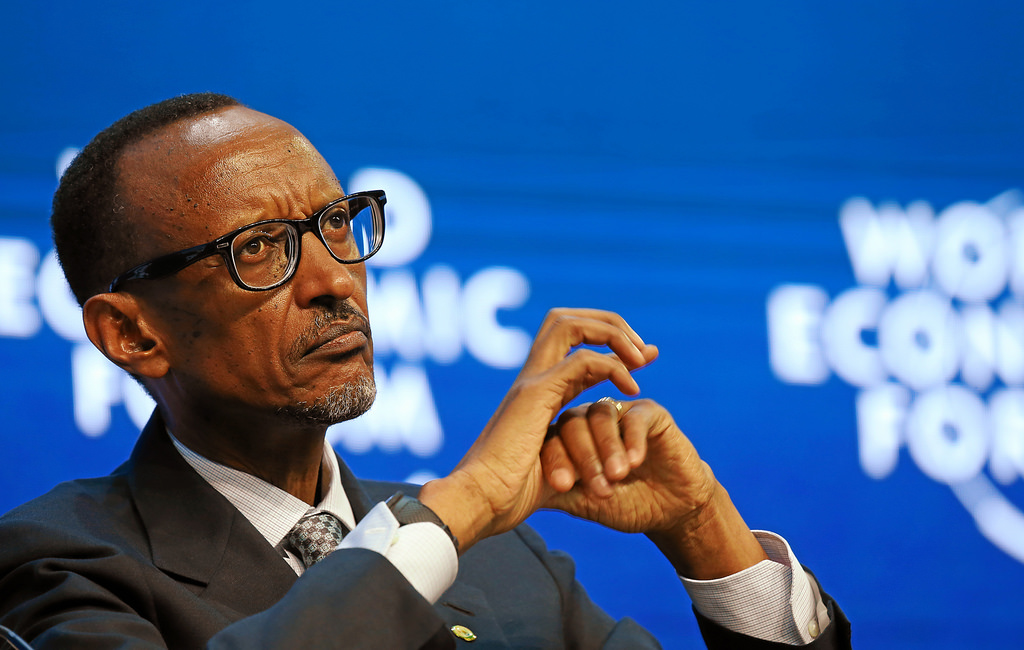
As it stands today, voices are being raised in France to try to shed light on this region of the world where a war is being fought over the exploitation of crucial raw materials, like coltan and cobalt. Human beings, especially women and children, are being trafficked there with full impunity and to the greatest benefit of Anglo-American, Canadian and South African financial and mining companies.
The economic stakes are high; these metals are necessary to produce semiconductors, cell phones and communication networks as well as military systems and missiles. The issue is so vital that the U.S., which has long been closely linked to the Rwandan and Ugandan governments, became directly involved to the point of concluding, during the first Kivu war, the secret agreements of Lemera with the Congolese rebels. This was later revealed by President Laurent Kabila himself, and facilitated the creation of an American-Rwandan company for the purpose of regulating, or even controlling, the trade in rare metals.
There have been urgent calls within France to redefine its African policy. There has been a huge realization in Africa that the relations that existed between France and its former colonies were one of exploitation that benefitted the European country majorly.
The onus is on Paris to rebuild the friendship and ties it used to enjoy with Francophone Africa. Frankly speaking, it is in its best interests to do everything possible to build new mutually beneficial cooperation in all sectors: culture and education; health and pharmaceuticals; energy and mining; agriculture and food industry; transportation and infrastructure.
France must have the courage to address the issue of immigration with all the French-speaking countries of Africa. It must have privileged relations with these countries which will result in a visa policy welcoming migrants from Africa for specific purposes like training and employment.
France’s Africa policy must once again become rooted in mutual cultural influence, loyalty and first and foremost, shared history. A failure to do so, and Frances’ influence on the continent will be gone for good.

